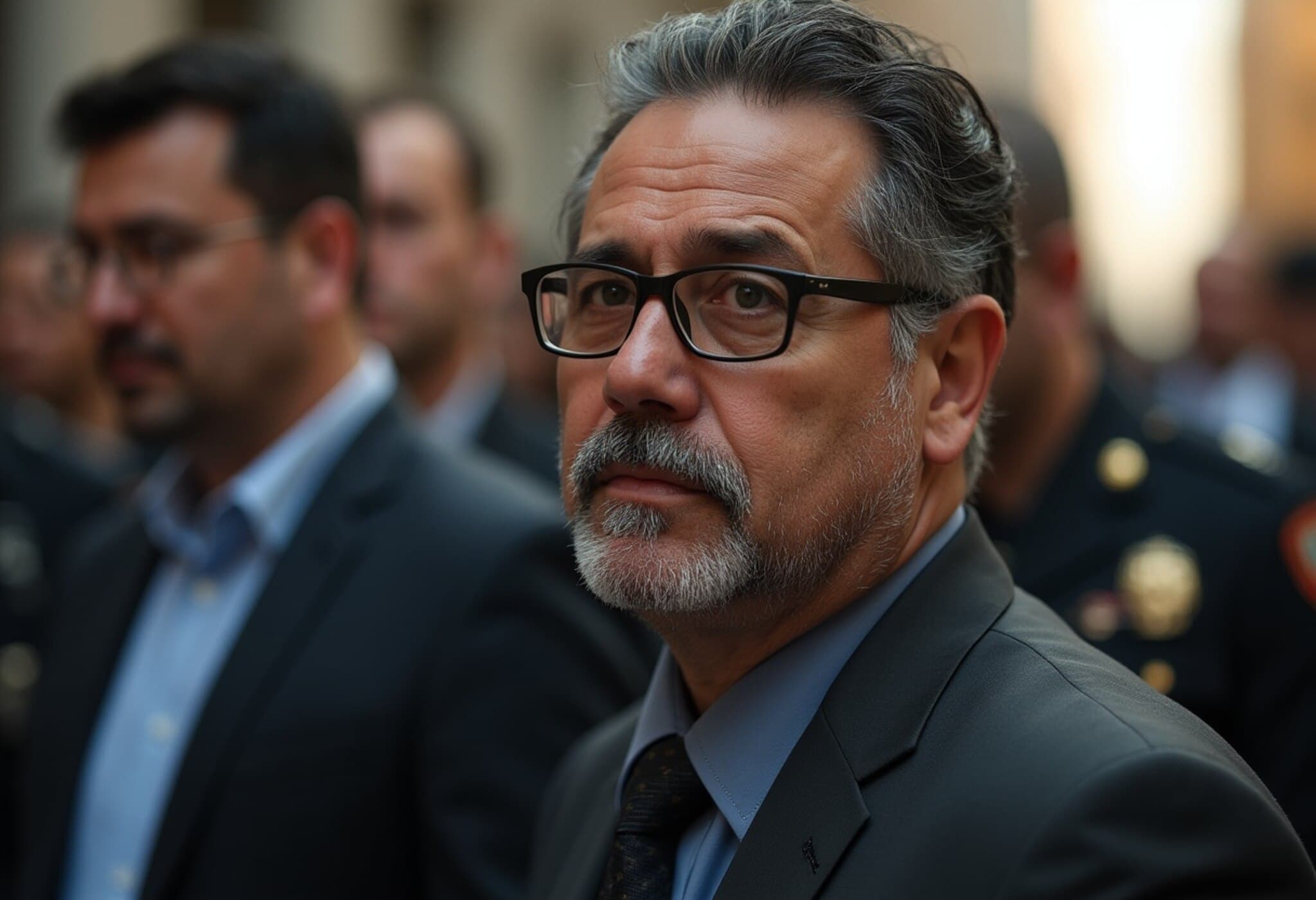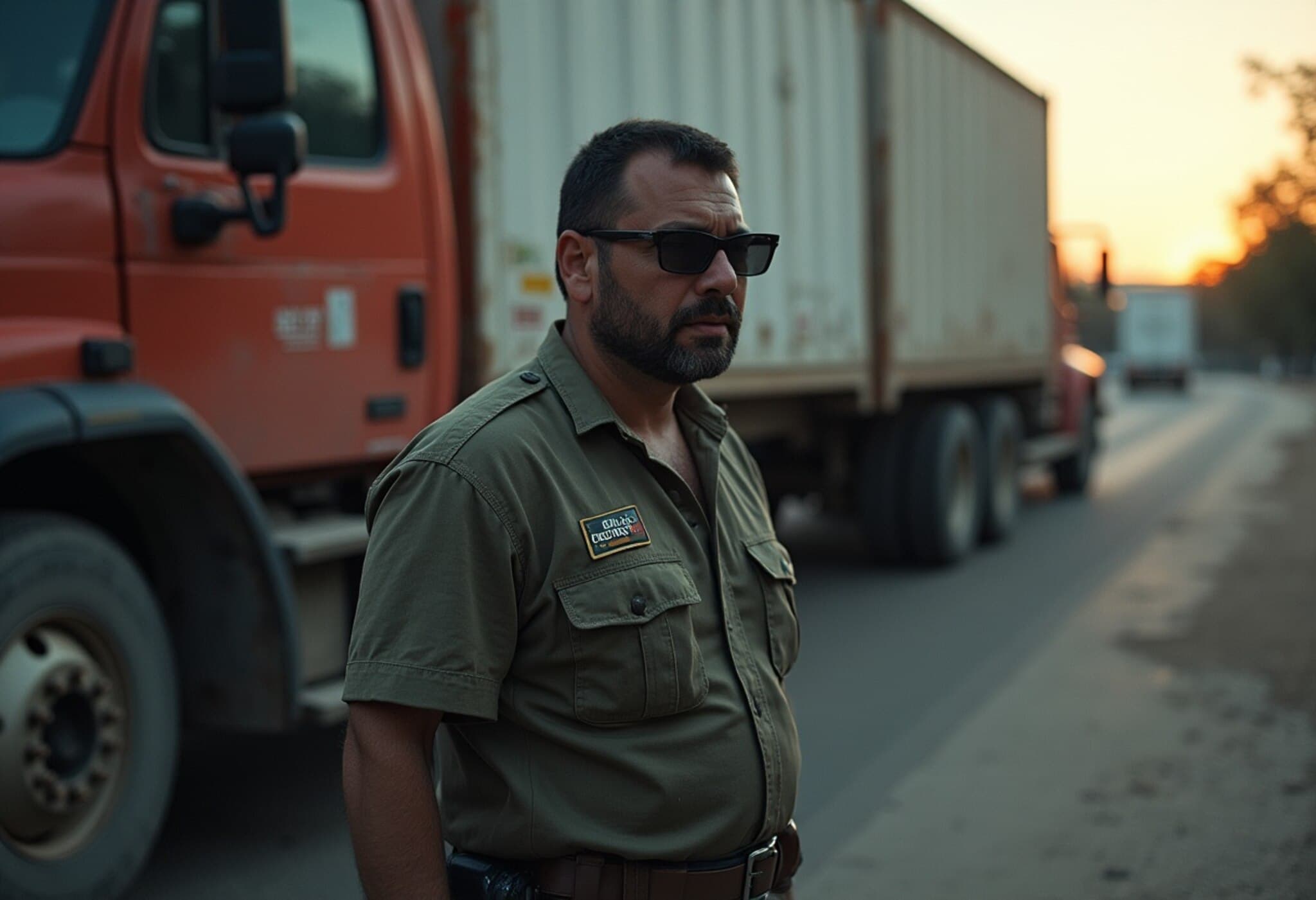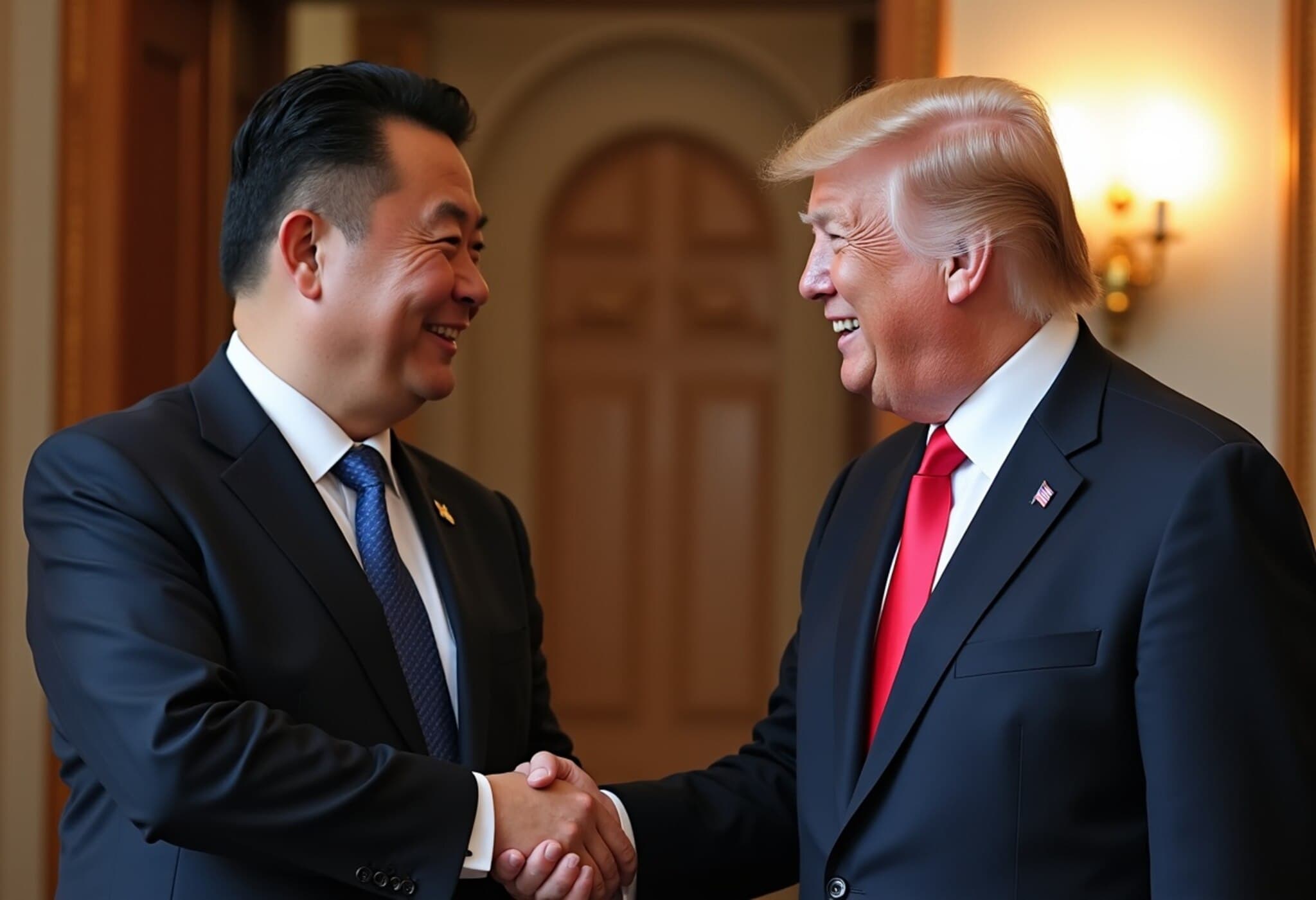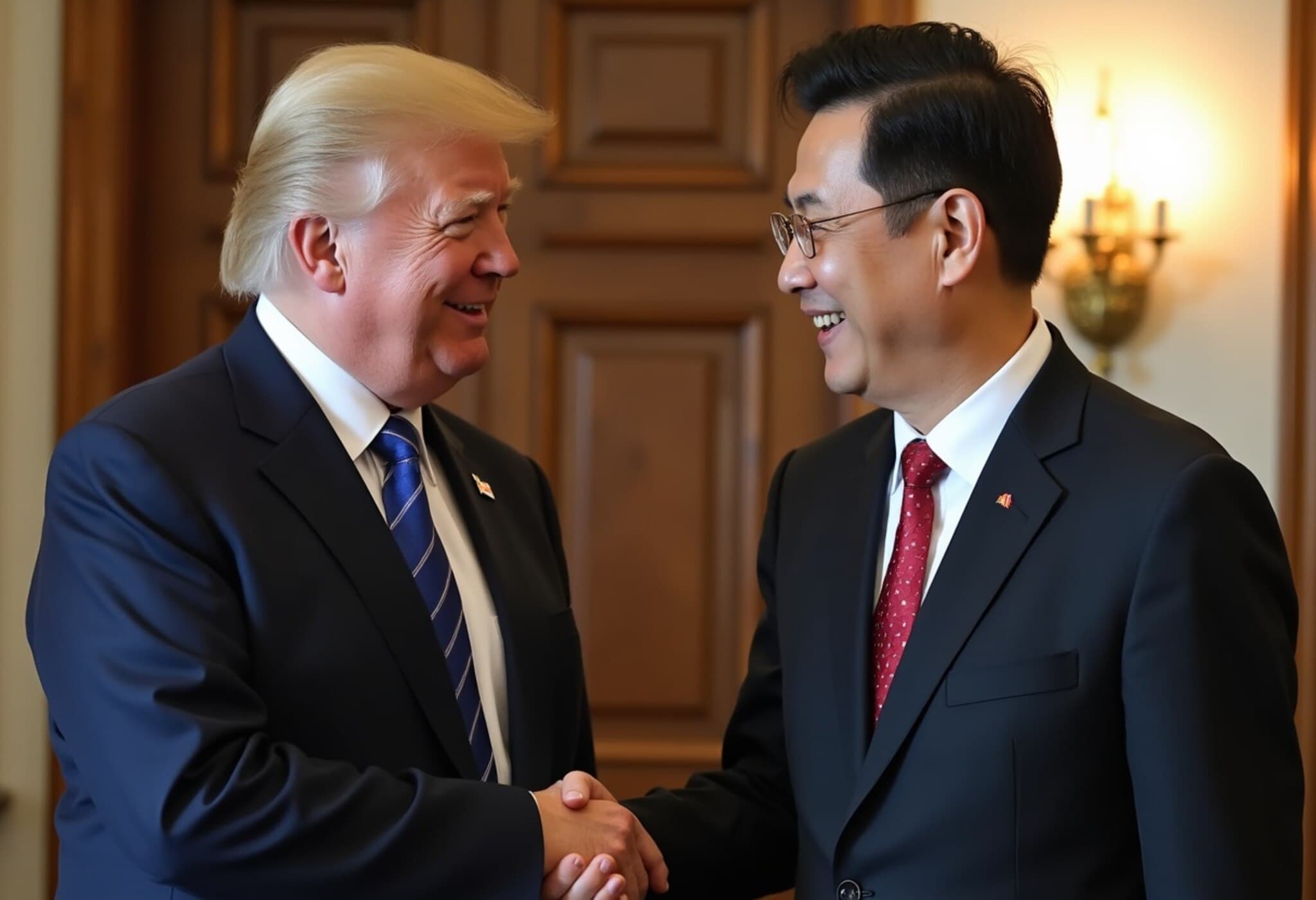Ismael “El Mayo” Zambada Admits Guilt in US Court
In a landmark moment underscoring the ongoing battle against international drug trafficking, Ismael “El Mayo” Zambada, one of Mexico's most notorious cartel leaders, pleaded guilty to drug trafficking charges in a Brooklyn federal court on August 25, 2025. At 77 years old, Zambada’s admission marks a pivotal chapter in the legal fight against the enduring violence and narcotics trade that has consumed both sides of the US-Mexico border for decades.
From Teenage Farmer to Drug Kingpin: Zambada’s Criminal Journey
During the hearing, translated through a Spanish-language interpreter, Zambada expressed remorse for the “great harm” illicit drugs have inflicted on US and Mexican society. He took personal responsibility, stating: "I apologize for all of it, and I take responsibility for my actions."
Tracing his roots back to 1969 when he first planted marijuana as a teenager, Zambada detailed his gradual rise through the narcotics world—from selling heroin to managing vast cocaine shipments. According to court statements, between 1980 and 2024, Zambada and the Sinaloa cartel oversaw the transportation of at least 1.5 million kilograms of cocaine, a majority destined for the United States.
The Sinaloa Cartel: From Regional Player to Global Powerhouse
Co-led alongside the infamous Joaquín “El Chapo” Guzmán, prosecutors described how under Zambada’s strategic guidance, the Sinaloa cartel grew into the world’s largest drug trafficking enterprise. The cartel’s operations stretched from Colombian cocaine producers, smuggling routes crossing the US-Mexico border, to corrupting Mexican police and military officials via bribery — which allowed them to operate with impunity.
Expert Insight: The Sinaloa cartel’s structure typifies how transnational criminal organizations leverage regional instability, weak governance, and law enforcement corruption, complicating US border security and drug control efforts. As Zambada held a reputation as the cartel’s chief strategist and negotiator, his plea signals a significant disruption in this network, although its full dismantlement remains uncertain.
Violence and Human Cost Acknowledged
Zambada did not shy away from acknowledging the grave violence linked to his cartel’s operations. He revealed that armed confrontations between his private security forces and rival gangs caused numerous deaths, including many innocent bystanders caught in the crossfire. Notably, he lamented the loss of life on both sides and took personal blame, even for ordering the murder of a family member.
- Cartel hitmen, or “sicarios,” engaged in brutal tactics such as kidnappings, torture, and assassinations.
- Corruption stretched deep, involving bribery reaching high-ranking Mexican security forces.
- Cartel infighting, especially between Zambada’s loyalists and the Guzmán family faction known as “Los Chapitos,” has sparked deadly violence in Mexico.
Legal Proceedings and Forecasted Life Sentence
Zambada’s guilty plea came two weeks after federal prosecutors announced they would not pursue the death penalty. Instead, he is scheduled to be sentenced on January 13, 2026, with a life imprisonment sentence expected. He faces charges of racketeering conspiracy and running a continuing criminal enterprise, crimes tying him to decades of systemic drug trafficking and violence.
His arrest, which took place in Texas last year when he arrived on a private plane with Joaquín Guzmán López (one of Guzmán’s sons), ended a more than 20-year manhunt. Notably, Guzmán’s sons—key figures in Sinaloa’s next generation—are also entangled in US prosecutions, reflecting the cartel’s complicated leadership dynamics.
The Broader Implications for US-Mexico Drug Policy
Zambada’s plea spotlights ongoing challenges in combating powerful drug cartels that remain deeply embedded across North America. The Sinaloa cartel, Mexico’s oldest criminal syndicate, has proven extraordinarily resilient amid government crackdowns and arrests.
As US policymakers grapple with strategies to stem the flow of narcotics and dismantle cartels, the Zambada case underscores:
- The importance of international cooperation and intelligence sharing.
- Addressing corruption within law enforcement and government institutions.
- Balancing law enforcement with socio-economic programs to disrupt the drug trade’s appeal and supply chain.
Editor’s Note
The guilty plea by Ismael “El Mayo” Zambada represents a crucial but incomplete victory in the fight against drug cartels. While his sentencing will close a significant chapter, the persistent violence and trafficking underline systemic challenges that go beyond any single individual. Readers are encouraged to consider the complex socio-political factors enabling cartel longevity and reflect on what sustainable strategies can edge us closer to peace and public safety on both sides of the border.











